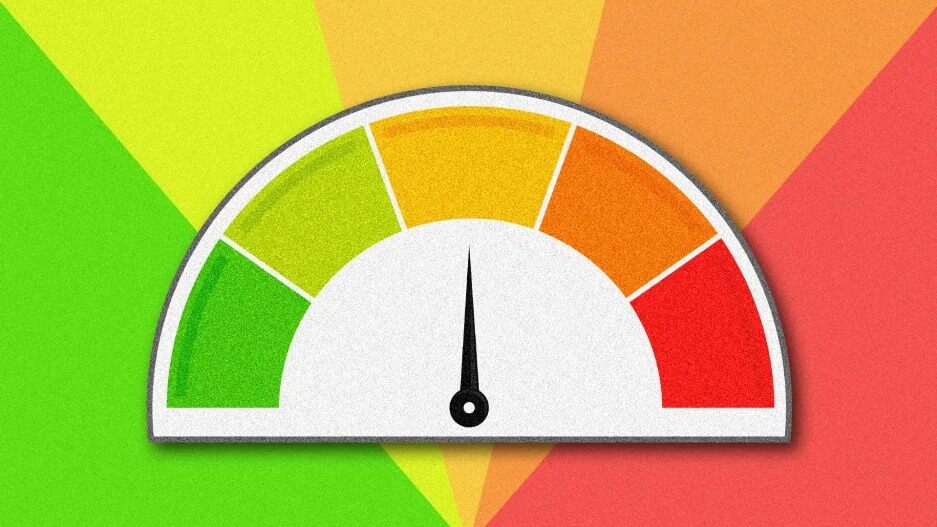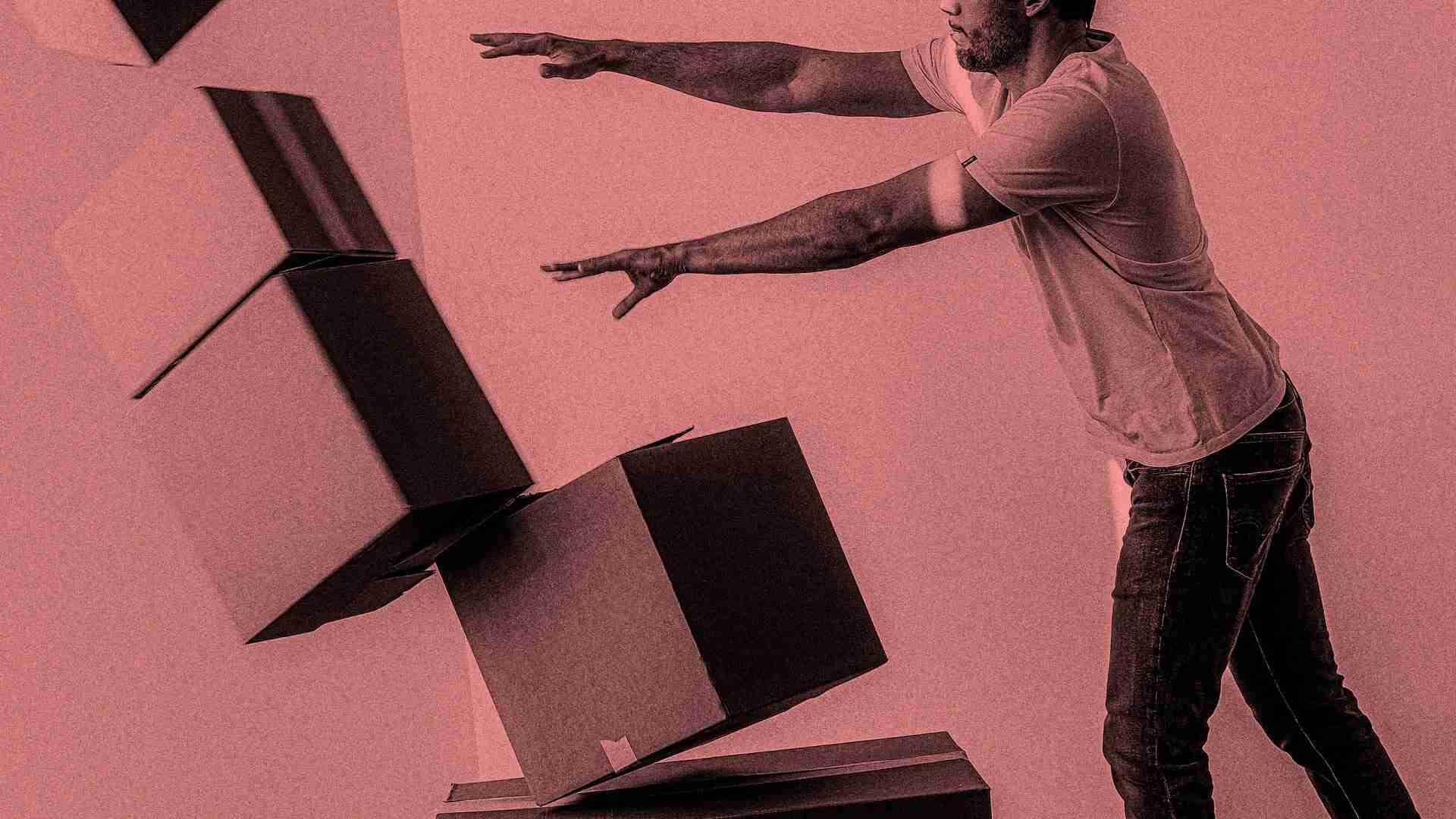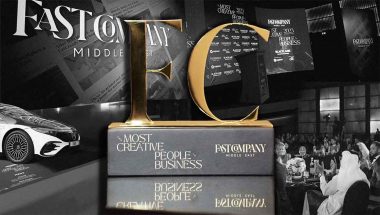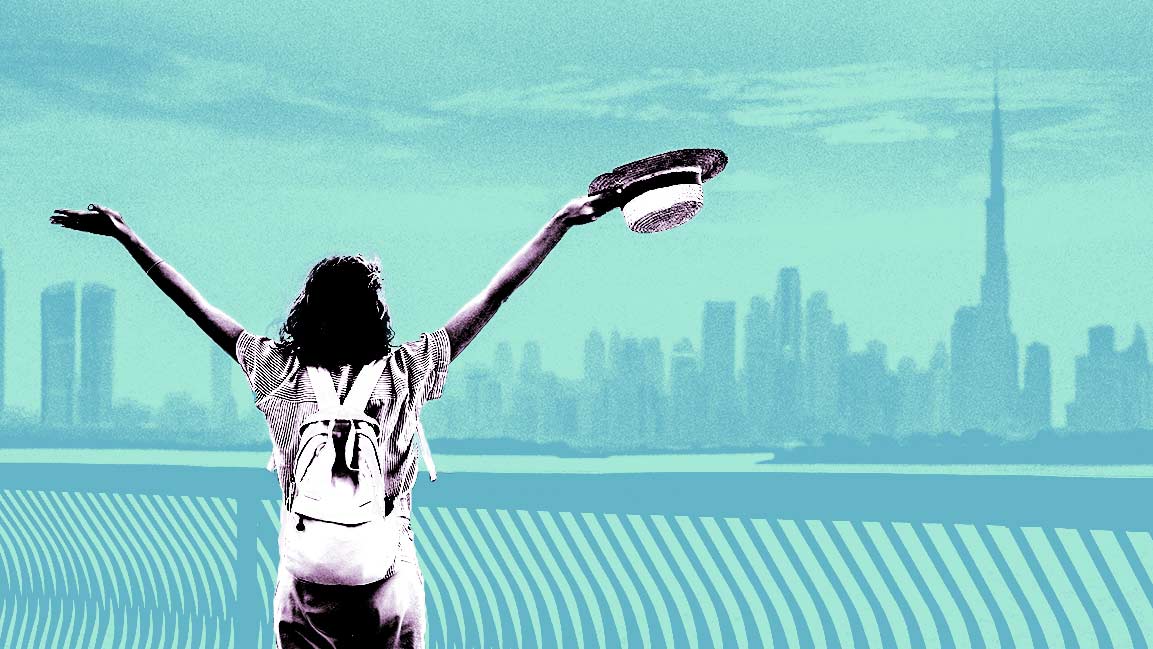- | 4:00 pm
Managers: The next time someone says ‘just chill,’ use this
Going too far to either calm or stress virtually guarantees we will end up failing in our personal and professional responsibilities.

We all know how distracting, unsettling, even debilitating anxiety can be. Has anyone ever told you to just chill? And although that may be sensible advice when you’re overwrought, placidity is not beneficial when circumstances call for action. Cultivating the ability to match our moods to the needs of the moment is one of life’s most enduring challenges.
This is the premise of the 15th-century classic on Jewish ethics titled The Ways of the Righteous. The unknown author posits that there are no good or bad character traits. Rather, our humanity gives rise to all kinds of oppositional forces: generosity and stinginess, anger and forbearance, love and hate. Each of these can be used or misused as we navigate our complicated passage through life and confront its many obstacles.
Of course, not all character traits or emotional responses are equal. You can cause far more damage with a sledgehammer than with a feather duster. Similarly, anxiety has few benefits, while tranquility is less easily misapplied.
But that doesn’t make one bad and the other good. A sledgehammer is the ideal tool when you want to take down a brick wall; a feather duster will cause havoc if inserted into the running engine of your car. So, too, anxiety may motivate us to remain alert or act boldly in moments of crisis; dispassion may dull our reflexes when the situation demands critical response.
Which brings us to this addition to the Ethical Lexicon:
Insouciant (in·sou·ci·ant/ in-soo-see-uhnt) adjective
Free from concern, worry, or anxiety; carefree; nonchalant.
As crippling as worry and anxiety might be, uprooting them completely can be equally devastating. Being carefree feels good in the moment, but carelessness makes us sloppy in our work and in our relationships. “Everything will be alright” can be either a declaration of faith or an excuse to shirk responsibility. Living in the moment might allow us to revel joyfully in today while setting us up for catastrophic failure when we don’t plan for tomorrow. Hakuna matata is the mantra of the insouciant.
UNDERSTAND BALANCE
Ideally, we want just enough tension in our lives to drive us toward fulfilling our potential, meeting our responsibilities, and achieving all we can for our own benefit and the benefit of others.
To live psychologically and morally healthy lives, we need to be chill enough that we can function but not so carefree that we neglect our obligations. Going too far to either extreme virtually guarantees we will end up failing in our personal and professional responsibilities. Even worse, it ensures we will lose the trust of those we need to maintain successful partnerships or alliances.
Balance reflects the essence of an ethical mindset. Like a tightrope walker listing gently from side to side, we need to reject binary thinking and seek out the nuances that shift from one circumstance to another. Ethical values do not change, but situations do. Our job is to apply the absolute principles of ethics to the complex world we live in.
The workplace, like the world, is filled with opposing influences poised to tilt us out of balance if we indulge a moment’s inattention. A few of the most obvious flashpoints include:
- Introversion vs. extroversion
- Action vs. passivity
- Youth vs. maturity
- Flexibility vs. firmness
- Leadership vs. followership
- Western vs. Eastern
- Individuality vs. community
None of these is intrinsically bad or wrong, and all of them are necessary. They represent the yin and yang of human existence, the dynamism of the human condition.
ACKNOWLEDGE THE FALLACY OF TRANQUILITY
The mistake we make is believing that we need to choose a side or pick a winner. We don’t achieve equilibrium by eliminating tension but by managing tension. Acknowledging that we all have different strengths and weaknesses keeps you humble enough to rely on others without threatening your confidence in your own ability to contribute. Just the opposite: Recognizing that others need you as much as you need them is profoundly empowering.
What is the job of a leader? To create a culture in which every member of the team or community is able to realize his or her full potential for the benefit of all. And that can only happen by promoting the kind of vibrant, organic interplay that allows differences in personality, identity, and outlook to coalesce into a source of collaborative strength.
There’s no app or algorithm for that. But here are a few simple mindset shifts:
- Reject black-and-white thinking and embrace the gray. Every time you find yourself facing an either-or decision, look for a creative third option.
- Encourage individuality without emphasizing differences. Celebrate individual accomplishment in the context of common goals and core values.
- Acknowledge challenges and obstacles, then call for input and feedback to stimulate problem-solving conversations. All of us are smarter than any of us, and the answer is often in the room.
My rabbi once observed that without friction, nothing moves. Insouciance emerges when overconfidence and laziness convince us that our lives should be easier than we have any right to expect. A little concern, worry, or anxiety can be channeled as eagerness, focus, and determination. When it is, it fuels the engine that propels us toward wondrous heights.






































